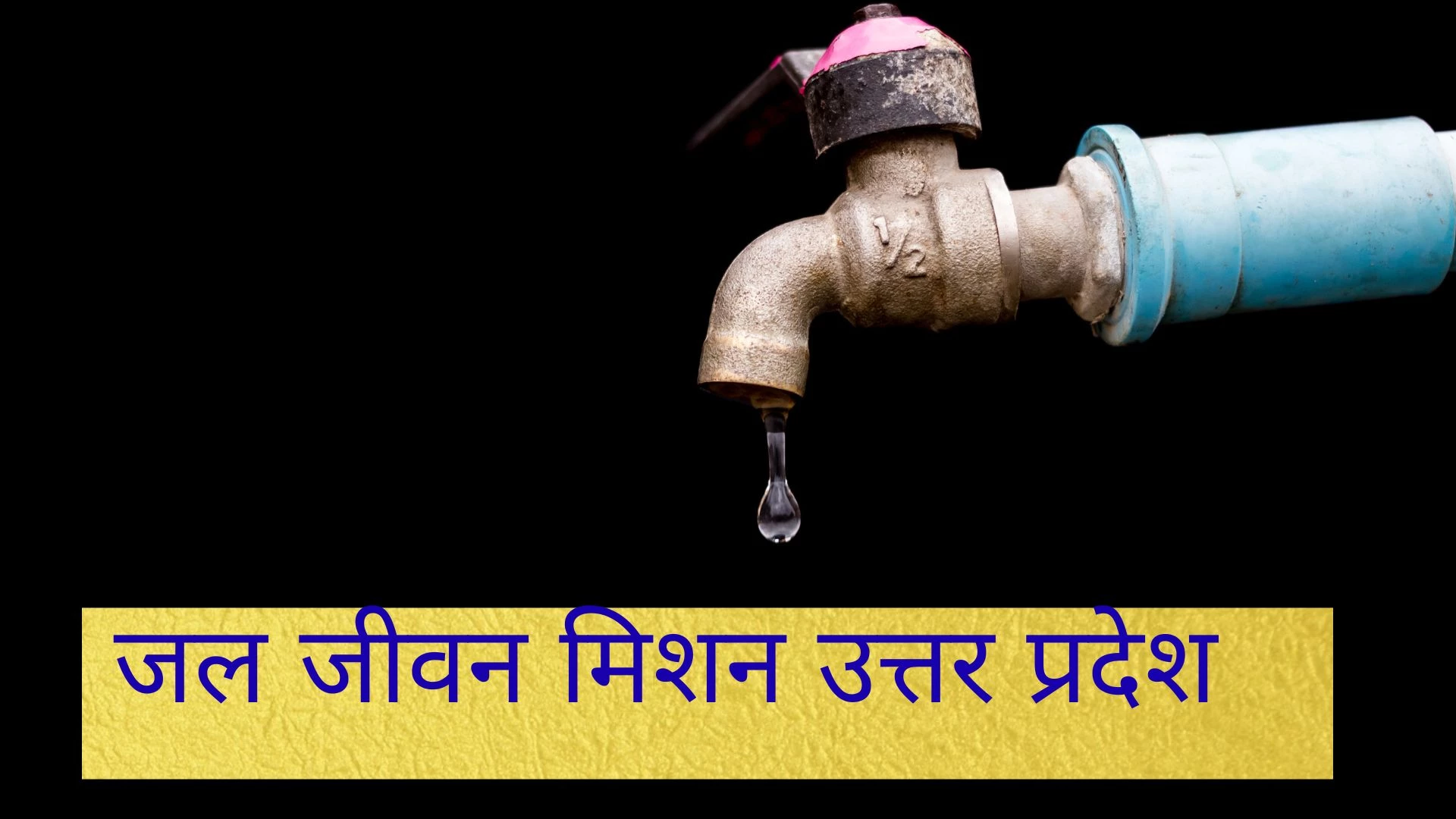| In 2025, recruitment notices for JJM show that positions like laborers, plumbers, electricians, and tech staff get paid between ₹6,800 and ₹21,000 a month. The exact amount depends on the job and what it involves. |
For more specialized jobs related to rural water supply projects, (which covers JJM salaries in general) says that a Block In-charge with about 6 years of experience makes around ₹4.2 lakh a year (about ₹35,000 a month). Water Supply Engineers with about 5 years of experience earn around ₹4.4 lakh a year (about ₹36,700 a month).
So, salaries for JJM in UP can change a lot depending on the job and how much experience you have. Entry-level jobs usually pay between ₹6.8 and ₹21 a month, while mid-level jobs like engineers or in-charge positions, which require a few years of experience, pay around ₹35,000–₹37,000 a month.
What is Jal Jeevan Mission Uttar Pradesh?
The Jal Jeevan Mission Uttar Pradesh (JJM-UP) is how the state is putting the Indian government's main plan into action. The goal is to give every family in the countryside a working tap. The project started in 2019 under the Ministry of Jal Shakti. It wants to make sure everyone has enough safe drinking water, improve health, and make life easier for women and kids who usually walk far to get water. In Uttar Pradesh, the State Water and Sanitation Mission (SWSM) is in charge, working with local councils and water groups.
The work in UP includes building things like wells, pipes, water cleaning centers, and tanks. It also involves training people and getting the community involved. They are focusing on keeping an eye on water quality, keeping water sources sustainable, and teaching local people how to run and take care of the systems. Besides building things, JJM-UP includes campaigns to get people to save water, stay clean, and use water in a responsible way. The plan is to turn getting water in the countryside into something dependable, fair, and lasting.
Salary Structure for JJM Positions in Uttar Pradesh
In Uttar Pradesh, JJM salaries vary:
- Those in entry-level or field positions such as plumbers and electricians typically make ₹12,000 to ₹20,000 monthly.
- Coordinators and technicians at the mid-level earn ₹15,000 to ₹40,000, with pay depending on their specific duties.
- Senior staff like project managers and specialized consultants can get ₹35,000 to over ₹100,000 each month. This depends on experience and contract specifics.
Role / Category | Approx. Monthly Salary | Remarks |
Project Manager | ₹35,000 – ₹50,000 | Senior-level management in project execution |
Project Coordinator | ₹20,000 – ₹30,000 | Mid-tier coordination roles |
Other Operational Roles (Plumber, Electrician, etc.) | ₹12,000 – ₹20,000 | Entry-level field jobs under JJM |
Government/NGO-based Professionals (Engineers, Consultants, Technical) | Varies | Detailed breakdown available below |
• Engineer (Civil/Mechanical/Electrical) | ₹30,000 – ₹80,000+ | Depending on contract and expertise |
• Field Supervisor | ₹20,000 – ₹40,000 | On-site managerial roles |
• Technical Consultant | ₹40,000 – ₹100,000+ | Based on domain expertise |
• Data Entry Operator | ₹15,000 – ₹25,000 | Contractual administrative support |
• Community Mobilizer | ₹15,000 – ₹30,000 | Grassroots outreach roles |
• Laboratory Technician (Water Testing) | ₹18,000 – ₹35,000 | Technical support in quality monitoring |
यूपी (उत्तर प्रदेश) में लेखपाल वेतन 2025: यूपी में प्रति माह पूरा लेखपाल वेतन प्राप्त करें
Job Profile
The Jal Jeevan Mission (JJM) in Uttar Pradesh, set for 2025, includes a variety of jobs depending on the role.
- Local jobs, like plumbers, electricians, lab techs, and community organizers, focus on doing water supply work, checking water, and getting locals involved.
- Mid-level roles, like project coordinators, engineers, and supervisors, handle planning, inspections, tracking progress, and working with contractors and government groups.
- Upper-level jobs, like project managers and consultants, handle planning, budgets, following rules, and meeting goals on time.
- All jobs share the goal of providing working tap water to homes, keeping water clean, and promoting good water use in the state's rural and urban areas.

